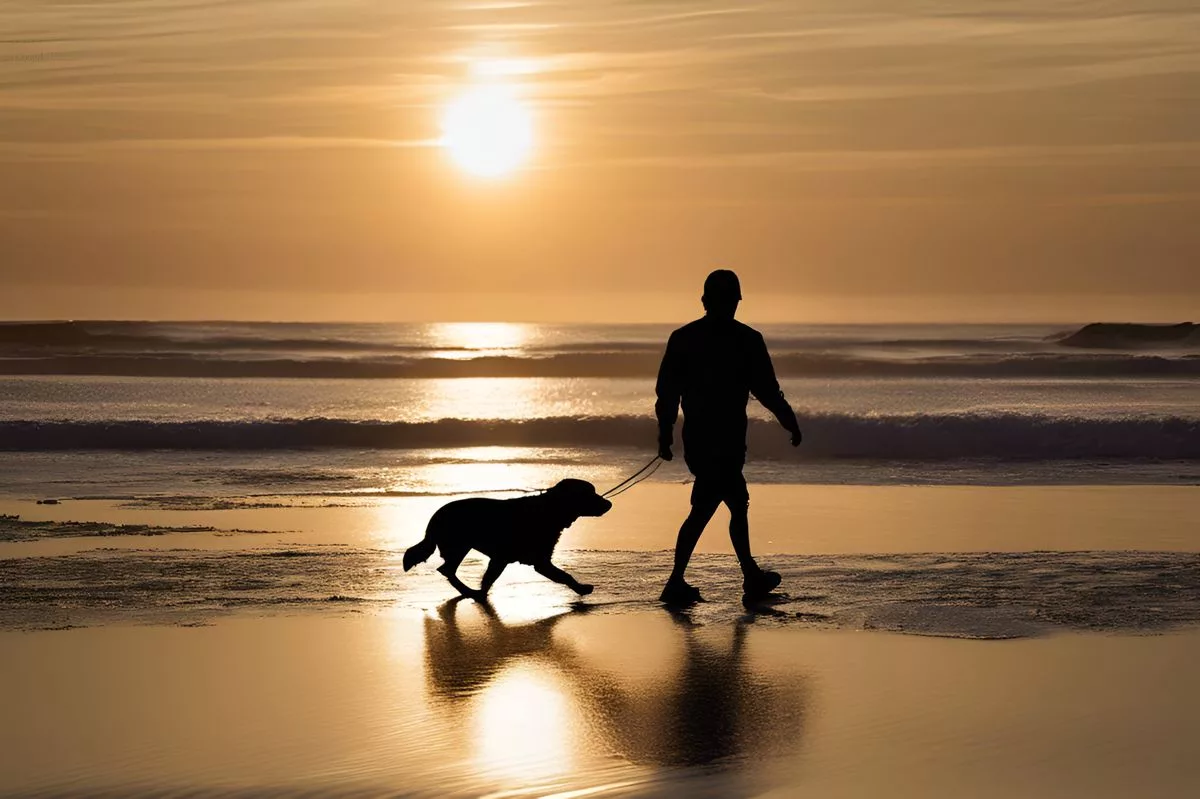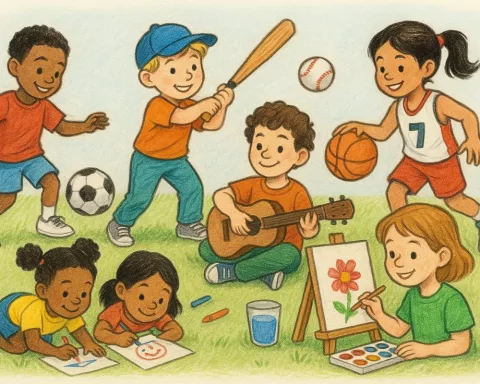Cape Town is a beacon of hope for animal welfare, with organizations and partnerships working together to address the issue of stray and surrendered pets. The Cape Animal Welfare Forum (CAWF) is at the forefront of this initiative, and organizations like TEARS are playing a crucial role in providing care for homeless pets. Cape Town’s commitment to animal welfare serves as a blueprint for addressing this important issue, and the city is urging its citizens to support the cause.
Cape Town is leading the way in animal welfare, with a network of organizations and partnerships working together to address the issue of stray and surrendered pets. The Cape Animal Welfare Forum (CAWF) is at the forefront of this initiative, with the city providing funding for various animal welfare initiatives. Organizations like TEARS are also playing a crucial role in providing care for homeless pets, while ongoing education and awareness campaigns stress responsible pet ownership. Cape Town’s commitment to animal welfare serves as a blueprint for addressing this complex and important issue.
The escalating issue of stray and surrendered pets has been acknowledged and addressed in Cape Town, which is now serving as a beacon of hope for animal welfare. This endeavor is the result of a combined effort between the city and various animal welfare groups, demonstrating the power of dedication and unity in addressing a common cause that concerns the wellbeing of our beloved pets.
A Network of Organizations: The Power of Collaboration
Within the vibrant city of Cape Town exists a web of organizations that work tirelessly to advocate for the rights of these voiceless beings. Heading this initiative is the Cape Animal Welfare Forum (CAWF), an innovative platform that works in collaboration with the city to address various animal welfare concerns.
This partnership has given rise to many initiatives, such as the establishment of a task force against dog fighting and the implementation of mass sterilization programs, all generously funded by the city. A unique aspect of this partnership is the mutual agreement on confiscating dangerous animals or those in distress.
The city’s dedication to animal welfare is also highlighted by the involvement of JP Smith, a member of the Safety and Security Mayoral Committee, who ardently supports the cause as the patron of CAWF. He acknowledges the constant pressure faced by the animal welfare sector and appreciates the extraordinary work being done against all odds. “The City provides funding for various initiatives to protect Cape Town’s pet population. I plan to discuss the sector’s challenges with the Western Cape Government to explore the possibility of additional funding,” stated Smith.
Advocacy in Action: The Reach and Impact of CAWF
These organizations have a wide reach; they coordinate animal rescues, facilitate rehabilitation and rehoming, locate lost animals and reunite them with their families, and offer crucial clinic services and outreaches, especially in underprivileged communities. Furthermore, they conduct ongoing education and awareness campaigns that stress responsible pet ownership and the significance of sterilization.
Based on the MARS Pet Homelessness Report 2022, the issue is significant – South Africa houses approximately four million homeless pets, with 650,000 in animal shelters and the rest surviving on the streets.
TEARS: Frontline Fighters Against Pet Homelessness
One organization dealing with this crisis is TEARS, a member of CAWF, which has noted a significant increase in the number of surrendered pets. “We had to stop accepting new animals recently since we simply reached our capacity,” shared Lara Van Rensburg, TEARS Head of Marketing and Fundraising. Despite a successful public campaign resulting in 44 adoptions in a single month, the demand for loving homes persists.
With a heartfelt appeal, Van Rensburg urged potential pet owners to adopt instead of purchasing pets, to stop the cycle of unwanted pets. She also encouraged businesses to consider funding mass sterilization and pet registration campaigns, actions that could significantly help tackle the ongoing crisis.
TEARS also welcomes donations of household items and clothing for sale at its four thrift shops, generating crucial additional revenue to sustain their invaluable work.
Cape Town’s Pledge: A Clear Commitment to Animal Welfare
Cape Town’s commitment to animal welfare is evident. Through its various initiatives and partnerships with organizations like CAWF and TEARS, Cape Town is at the forefront of providing care for its homeless pets, a clear indication of its dedication to all its residents, both human and animal. The city’s appeal to its citizens to support this cause, either by adopting, ensuring their pets are sterilized, or through donations, is a call to action for everyone.
Animal welfare is a complex issue, necessitating a comprehensive and dedicated response. Cape Town’s strategy, characterized by collaboration, funding, and a clear commitment to a shared objective, serves as a blueprint for addressing this problem. It stands as a testament to the power of collective action and serves as a reminder that each creature deserves a safe and loving home.
1. What is the Cape Animal Welfare Forum (CAWF)?
CAWF is an innovative platform that works in collaboration with the city of Cape Town to address various animal welfare concerns. It is at the forefront of the initiative to address the issue of stray and surrendered pets.
2. What initiatives have arisen from the partnership between CAWF and the city?
The partnership has given rise to initiatives such as the establishment of a task force against dog fighting and the implementation of mass sterilization programs, all generously funded by the city. A unique aspect of this partnership is the mutual agreement on confiscating dangerous animals or those in distress.
3. What is TEARS and what role does it play in animal welfare in Cape Town?
TEARS is an organization that deals with the crisis of pet homelessness in Cape Town. It is a member of CAWF and is at the forefront of providing care for homeless pets, including facilitating rehabilitation and rehoming, locating lost animals and reuniting them with their families, and offering crucial clinic services and outreaches.
4. What is the significance of the issue of pet homelessness in South Africa?
According to the MARS Pet Homelessness Report 2022, South Africa houses approximately four million homeless pets, with 650,000 in animal shelters and the rest surviving on the streets.
5. What can potential pet owners do to help tackle the ongoing crisis of pet homelessness and support animal welfare in Cape Town?
Potential pet owners can adopt instead of purchasing pets to stop the cycle of unwanted pets. Businesses can consider funding mass sterilization and pet registration campaigns, actions that could significantly help tackle the ongoing crisis. Donations of household items and clothing for sale at TEARS’ four thrift shops are also welcomed, generating crucial additional revenue to sustain their invaluable work.
6. What is Cape Town’s commitment to animal welfare?
Cape Town’s commitment to animal welfare is evident through its various initiatives and partnerships with organizations like CAWF and TEARS. The city’s appeal to its citizens to support the cause, either by adopting, ensuring their pets are sterilized, or through donations, is a call to action for everyone. Cape Town’s strategy, characterized by collaboration, funding, and a clear commitment to a shared objective, serves as a blueprint for addressing the complex issue of animal welfare.











